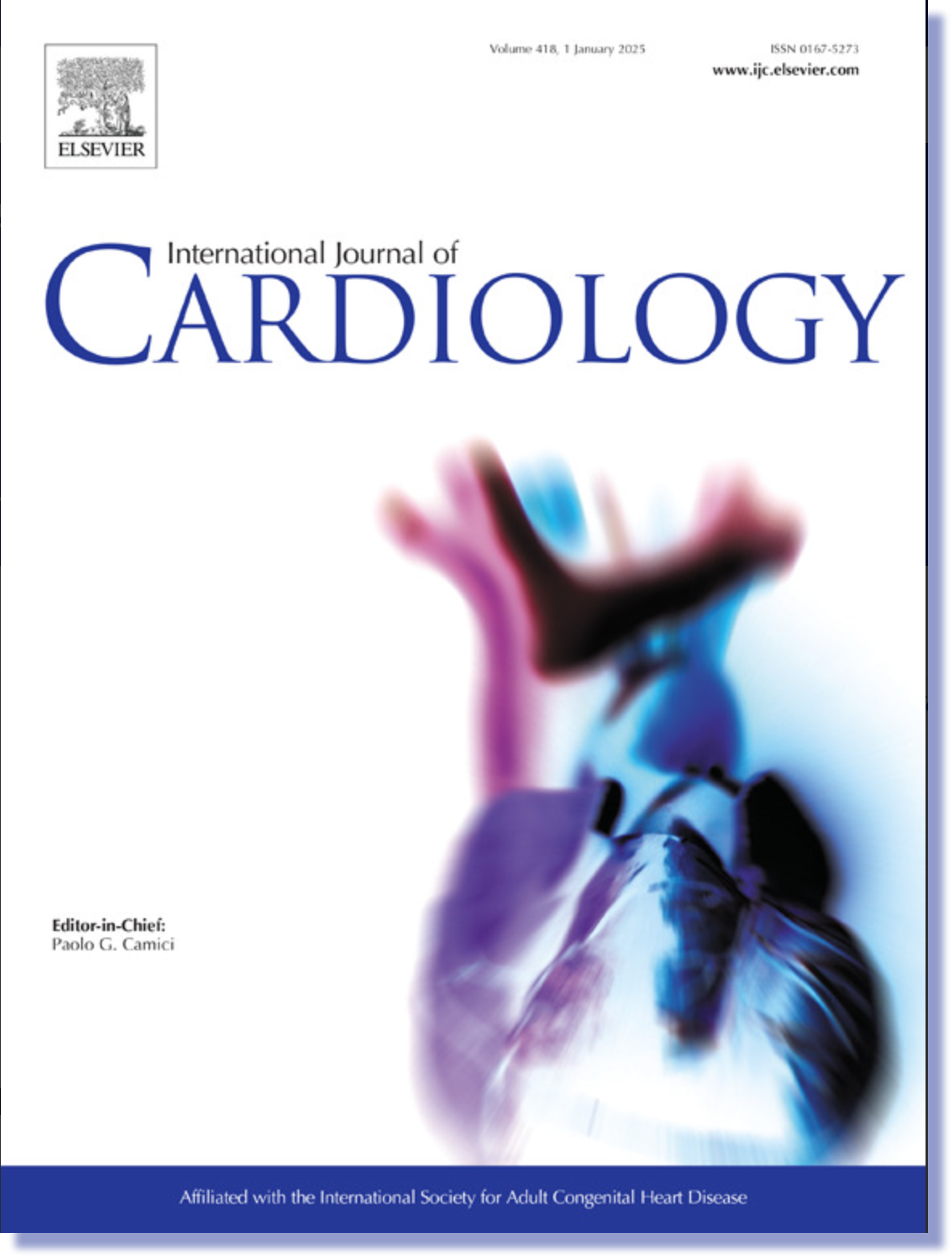FUNCTIONAL MEDICINE BLOG
Includes over 800 monographs reporting on emerging studies in the medical and scientific literature of practical clinical importance, easily searched for content.

Insulin resistance increases breast cancer aggressiveness
Insulin resistance in metabolic conditions like type 2 diabetes and pre-diabetes makes breast cancer cells more aggressive and reduces survival.

The Triglyceride–Glucose Index is a powerful biomarker for cardiovascular disease, depression, dementia, cancer and much more
The TyG Index an important biomarker associated with insulin resistance, is a powerful predictor of risk for cardiovascular disease, depression, cancer, and much more.
Magnesium mediates insulin resistance, diabetes risk
Low serum magnesium levels are associated with an increased risk of prediabetes, with comparable risk estimates to that of diabetes.
Skipping breakfast worsens blood glucose and insulin later
Skipping breakfast worsens blood glucose and impairs the insulin response for the rest of the day.
Coffee is a liver elixir
Coffee has been documented in a multitude of studies to have metabolic, cardiovascular and brain benefits, and it is especially salubrious for the liver. A paper just published in the Journal of Clinical Gastroenterology handily summarizes several of the virtues that coffee has for liver function.
Gout: updates in diagnosis and treatment
Gout diagnosis is rendered less invasive and more practical in the general clinical setting and treatment more sustainable by recent advances.
Prediabetes also damages the heart
A study just published in the journal Circulation demonstrates that prediabetes causes unfelt damage to the heart that substantially raises the risk of future coronary artery disease and heart failure regardless of cholesterol levels.
Nigella sativa, a true 'wonder medicine'?
Nigella sativa, also known as black cumin, produces seeds with a mind-boggling wealth of medicinal virtues. For colleagues and others who may not be familiar with the abundance of scientific evidence for the use of Nigella sativa seed extract in clinical practice, this selection of citations serves as an introduction to its wide range of indications.
Statins — how they increase diabetes risk
Knowing that statins activate the NLRP3/caspase-1 inflammasome that promotes inflammation and insulin resistance should caution practitioners to attend carefully to insulin sensitivity in patients taking statins.
Magnesium supplementation improves insulin resistance
Insulin resistance is benefited by magnesium supplementation according to mounting evidence. A study published in the journal Diabetes, Obesity and Metabolism documents significant improvements in insulin resistance by supplementation even when the subjects' magnesium levels appeared normal.
Breast cancer and glucose intolerance
Breast cancer, insulin resistance and blood sugar dysregulation are associated, and more evidence for the breast cancer link with glucose intolerance is presented in a study just published in PLOS ONE.
Magnesium: insulin, brain, heart and inflammation
Magnesium may be the critical nutrient most commonly drained by modern environmental stress to suboptimal levels... Recent studies add evidence to its indication for insulin resistance, diabetes, cognitive impairment, atrial fibrillation, cardiovascular disease, and neurogenic inflammation.
Dementia risk increased by higher blood sugar before diabetes
Our results suggest that higher glucose levels may be a risk factor for dementia, even among persons without diabetes.
Study associates iodine deficiency with type 2 diabetes
Astute clinicians are cautious with iodine supplementation due to the risk for triggering latent thyroid autoimmunity, but a study just published in the journal Experimental and Clinical Endocrinology & Diabetes is a reminder to remain vigilant about the potential need for iodine when managing type 2 diabetes.
Sugar calories are worse for diabetes and obesity than others
Attentive clinicians who have been exhorting their patients for years to avoid excessively stimulating insulin production with sugar are heartily welcoming the superb research just published in PLoS One (Public Library of Science) that drives a stake through the heart of the mistaken notions that calories from sugar have the same effect as others, and that obesity causes diabetes.
Lipid accumulation product is a useful index for detecting insulin resistance
Lipid accumulation product is a useful index for detecting insulin resistance
